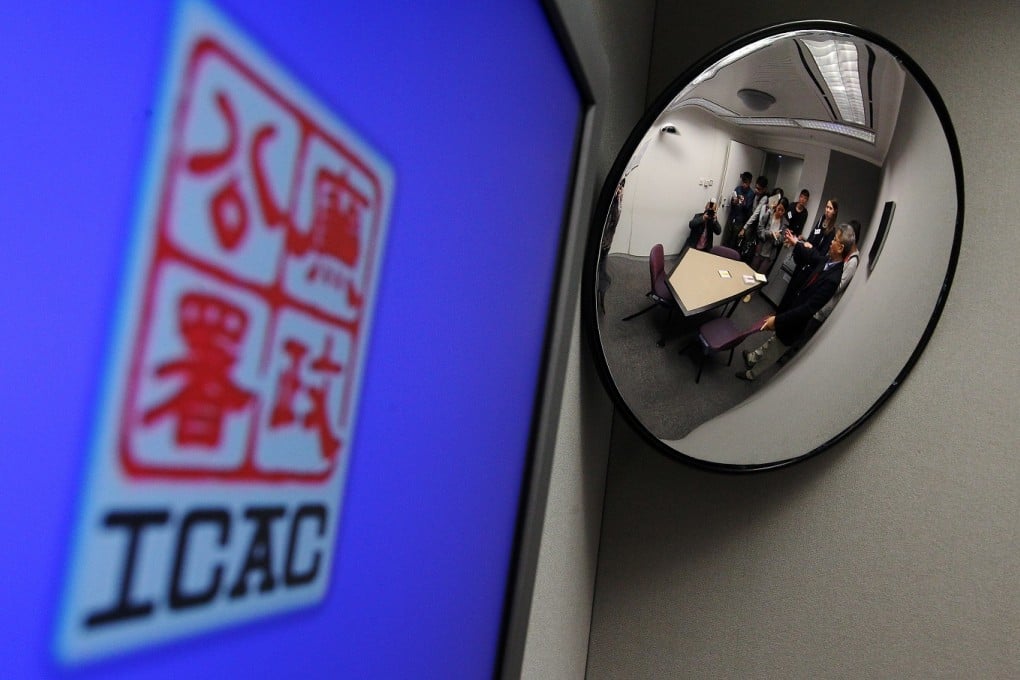To fight corruption, Beijing should look to Pakistan
Dan Hough suggests empowering citizens to report bribery, as Lahore has

The Independent Commission Against Corruption is 40 this year. But any suggestion that the ICAC model can be transferred to mainland China is wide of the mark. If Chinese officials want to seriously tackle corruption, then they are going to have come up with more innovative ideas than that.
The ICAC has a formidable reputation. A recent scandal about the inflated expenses of Timothy Tong Hin-ming may have caused a degree of consternation at home, but when anti-corruption agencies are discussed outside Hong Kong, it is never long before the "ICAC model" is mentioned.
The ICAC is the Rolls-Royce of anti-corruption agencies. It therefore shouldn't be too much of a surprise when questions are asked about what the mainland can learn from the ICAC's experience. Given the way contemporary China works, the answer to this question is straightforward: depressingly little.
If an ICAC-like agency were to have any traction in Beijing, then China's entire system of governance would have to be reshaped and remoulded. It would have to be given an independence that would place it above and (far) beyond the Central Commission for Discipline Inspection. It would need to have strong leadership and ample resources. And, most importantly, it would need to be free from political interference. With the best will in the world, any mainland ICAC is not going to be granted these things.
Practical moves to tackle corruption in China will therefore have to begin from rather different starting points. One such method is to genuinely empower citizens to report on any incidences of corruption that they've experienced. All anti-corruption campaigns claim to want to empower citizens, but very few do so in anything more than a superficial way.
One approach that might have mileage on the mainland, however, can be found in Punjab, Pakistan. Corruption in land transactions in particular reached such proportions in Lahore that the chief minister, Shahbaz Sharif, introduced a system, the Citizen Feedback Model, that would enable people to report corrupt transactions. The authorities created a platform to send a text to citizens who had dealings with local government offices, asking them about the quality of the service they had received, and, most pressingly, whether they had been asked to pay a bribe.
